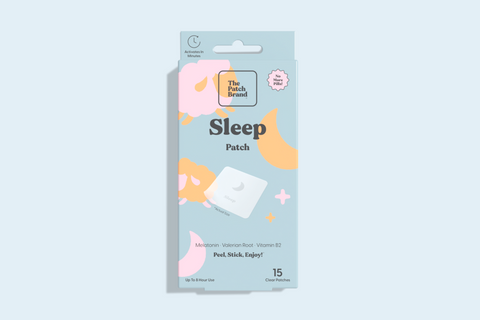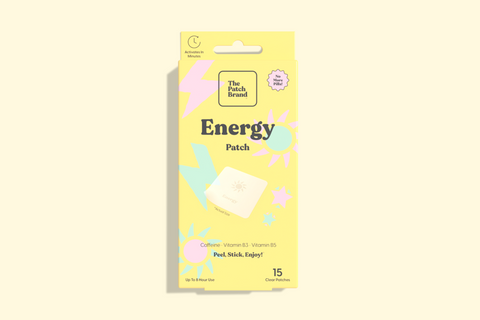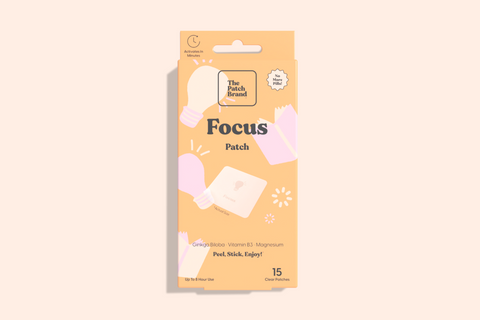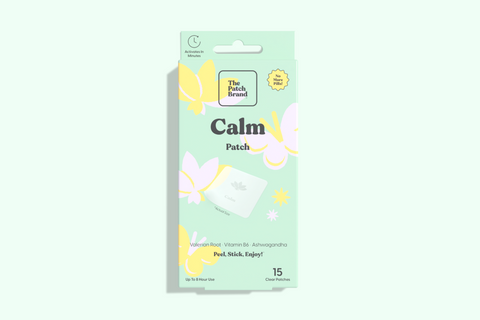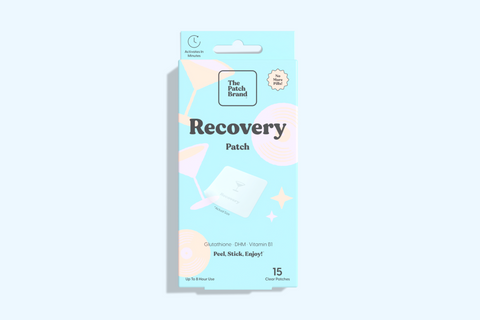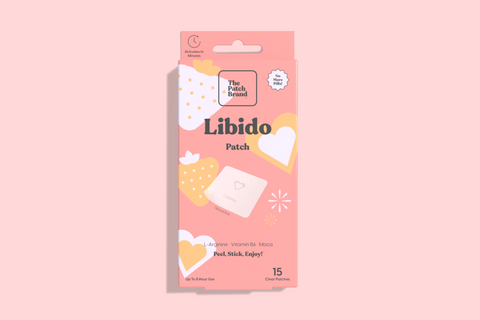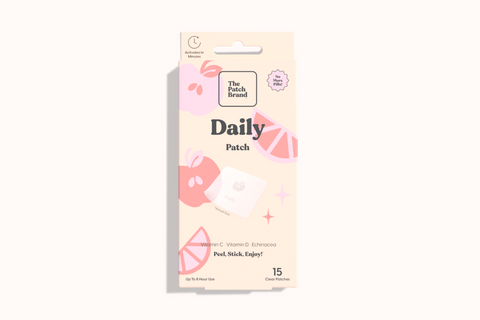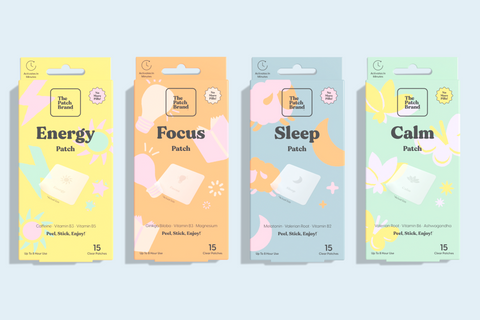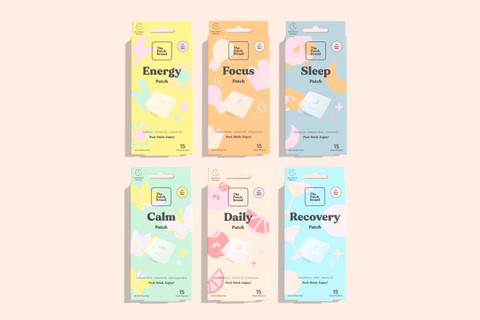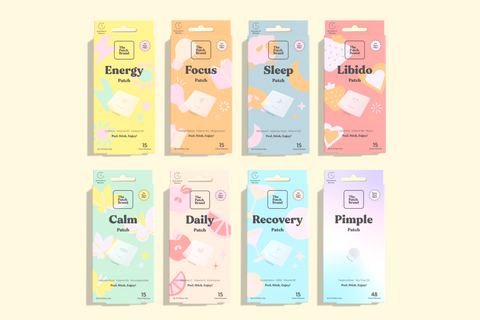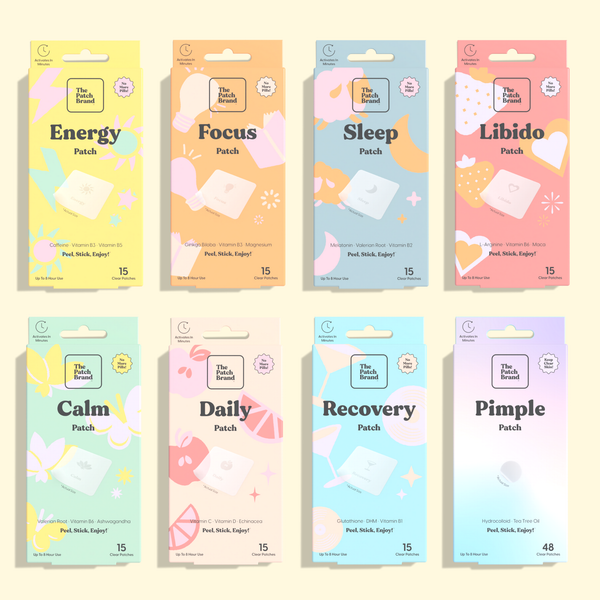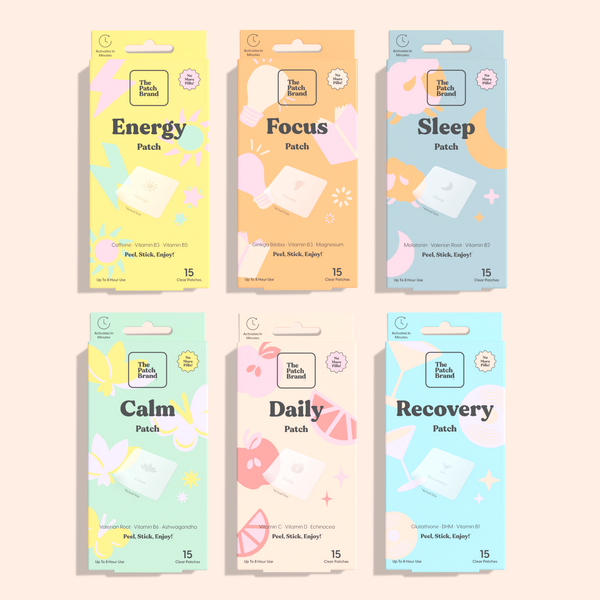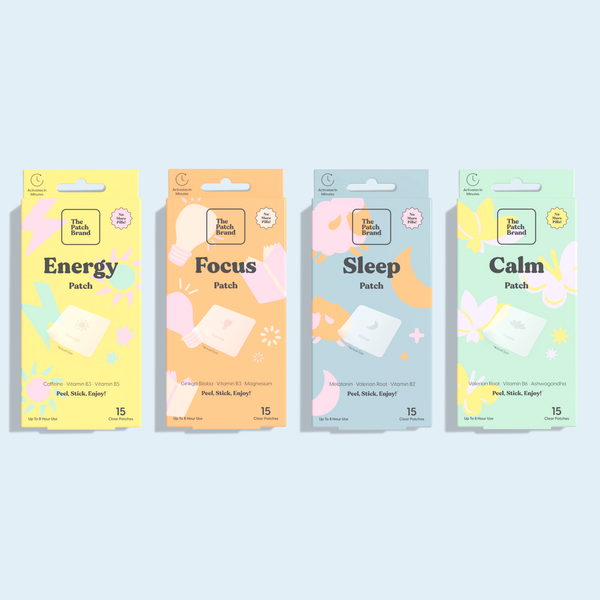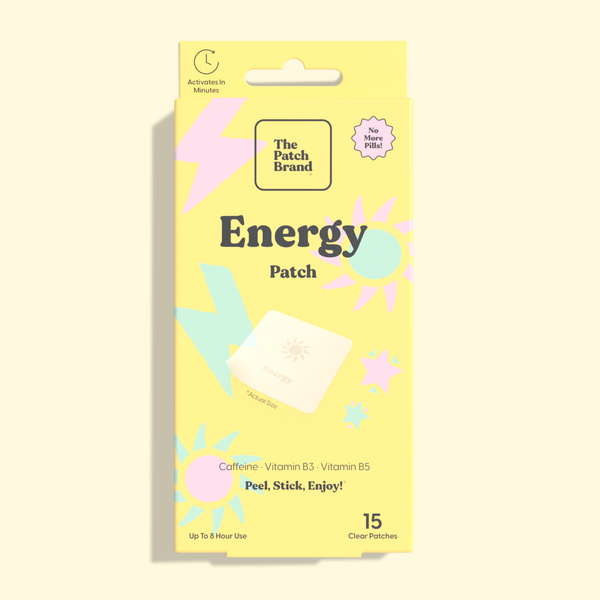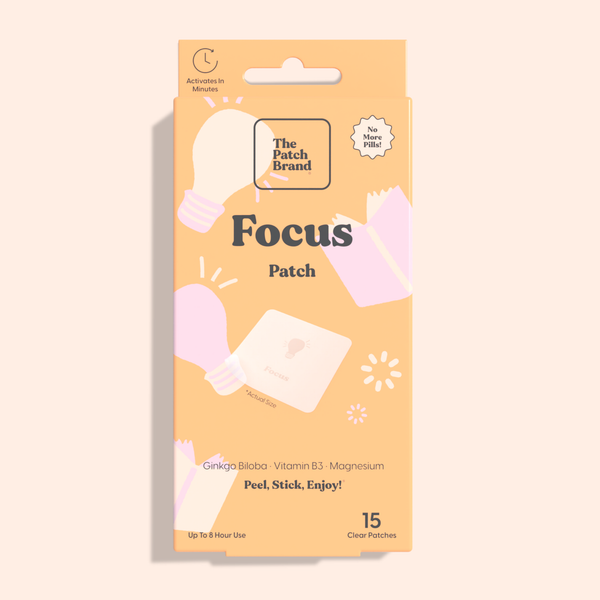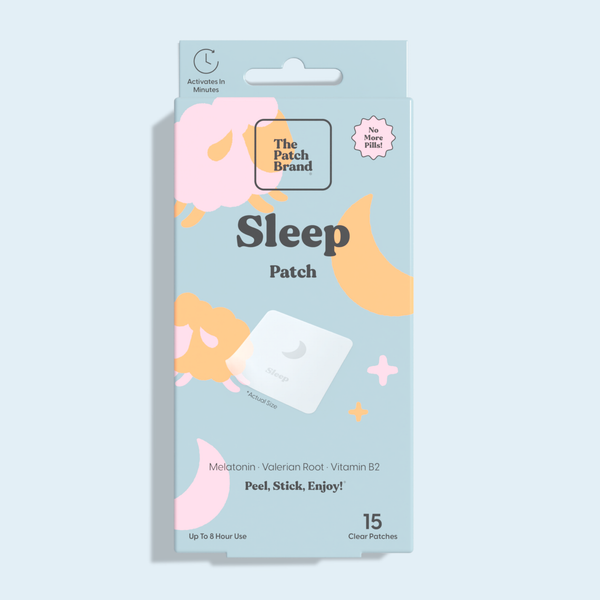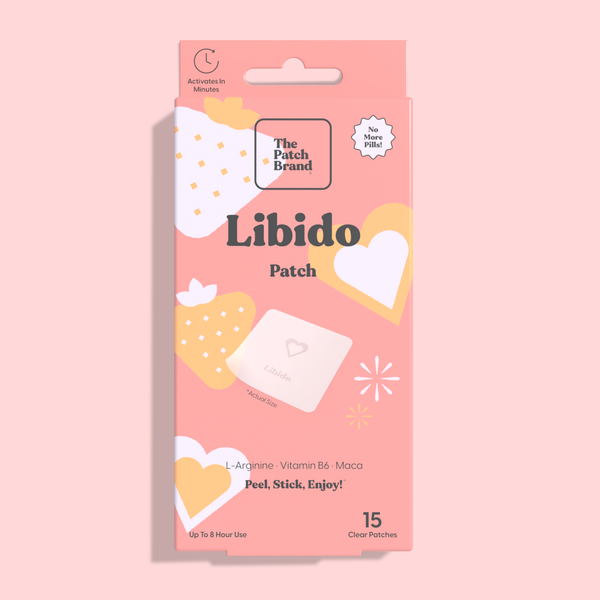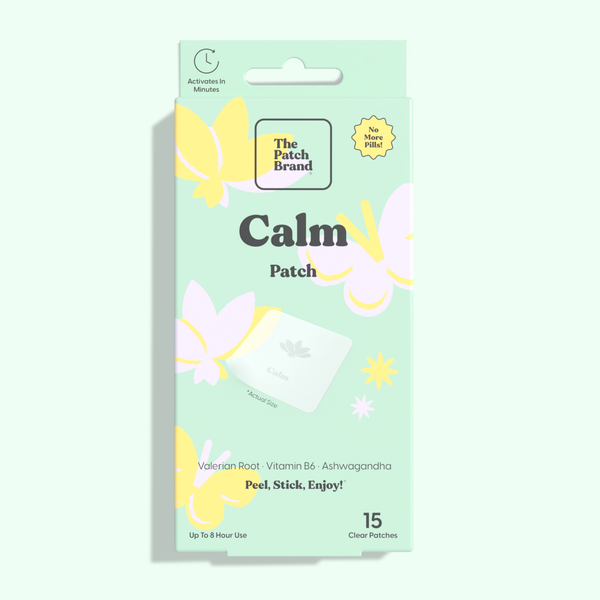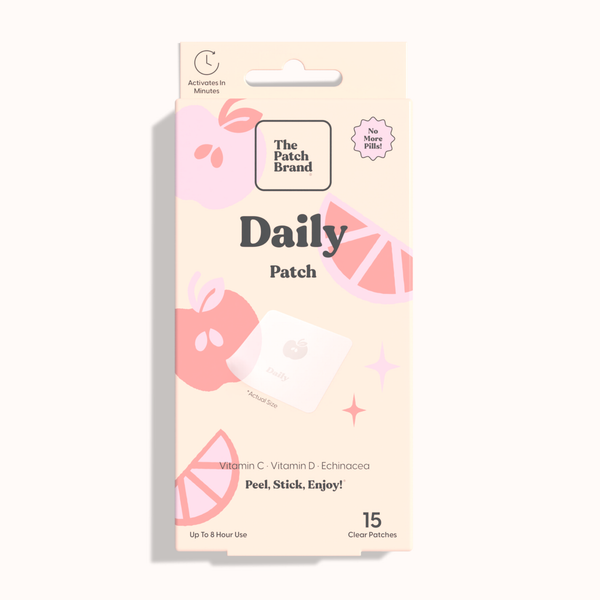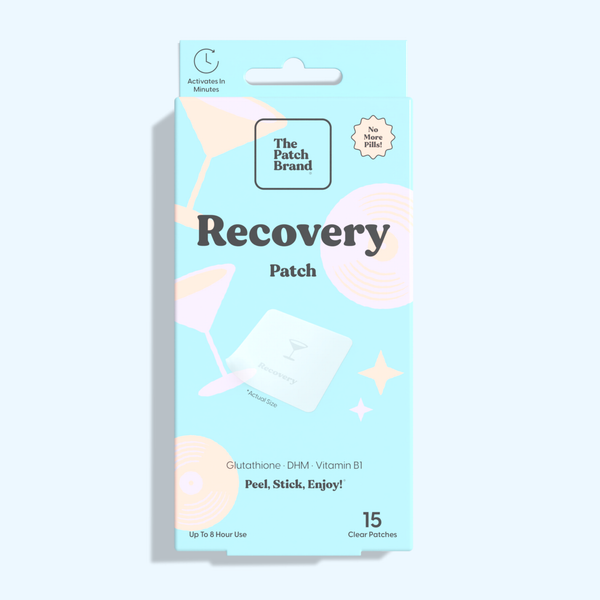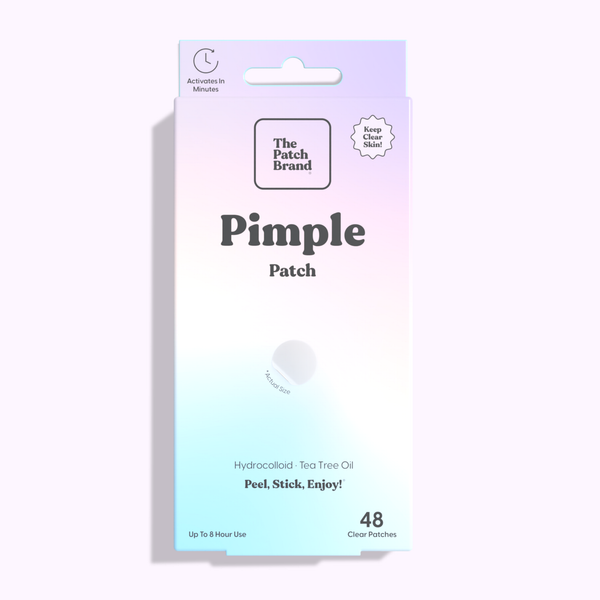The Fundamental Role of Vitamin C in the Human Body
Boosting Immune Function
Supporting Collagen Synthesis
Antioxidant Protection
Natural Sources vs. Supplements
Food Sources
- Bright Bell Peppers: A single medium bell pepper offers more than the daily recommended intake of this crucial nutrient. These vegetables are also packed with other beneficial compounds, such as Vitamin A and Vitamin E, which contribute to overall health. Bell peppers can be enjoyed raw in salads for a refreshing crunch or roasted as a side dish for a delightful flavor. They can even be stuffed for a hearty meal. Their sweet flavor and vibrant color make them a versatile addition to various dishes, appealing to both the palate and the eye.
- Sweet Strawberries: Strawberries are not only a delightful treat but also a powerhouse of nutrition. In addition to their Vitamin C content, strawberries are rich in fiber and antioxidants, promoting heart health and regulating blood sugar levels. Their sweet and slightly tart flavor pairs well with smoothies, desserts, and salads. The vibrant red hue of strawberries adds visual appeal to dishes, making them as pleasing to the eye as they are to the taste buds.
- Nutritious Broccoli: This versatile vegetable can be steamed, roasted, stir-fried, or even enjoyed raw, making it easy to incorporate into various meals. Consuming broccoli not only boosts Vitamin C intake but also offers other health benefits, such as improved digestion and heart health. Its slightly bitter taste pairs well with diverse seasonings and sauces, enhancing its flavor. Adding broccoli to your diet supports overall wellness through its nutrient density and versatility.
- Crisp Kiwifruit: One kiwifruit provides more than the daily recommended intake, making it an excellent choice for boosting immunity. Kiwis are also rich in fiber and antioxidants, which promote digestive health and reduce oxidative stress. Their tangy-sweet flavor and vibrant green color make them a refreshing snack or addition to fruit salads and desserts. The unique combination of flavors and textures in kiwifruit adds both nutritional value and aesthetic appeal to various dishes, making them a delightful and healthful addition to meals.
- Refreshing Guava: Besides being rich in dietary fiber, which aids digestion and promotes heart health, guava also offers a sweet and fragrant flesh, ideal for snacks, smoothies, and salads. The unique flavor profile of guava enhances both sweet and savory dishes, adding a refreshing twist. This versatility, combined with its impressive nutritional benefits, makes guava a valuable addition to a balanced diet, supporting overall health and wellness.
- Ripe Papaya: Medium-sized papaya offers more than double the daily recommended intake of Vitamin C, along with papain, an enzyme that aids digestion. Papayas can be enjoyed on their own, in fruit salads, or blended into smoothies, making them a versatile and nutritious treat. Their sweet, juicy taste and rich nutrient content make papayas a popular choice for health-boosting snacks and refreshing meals.
- Tart Cranberries: Cranberries, often associated with holiday meals, are a tart yet nutritious source of Vitamin C and antioxidants. These small red berries can be consumed fresh, dried, or as juice, offering various ways to enjoy their health benefits. Cranberries are known for promoting urinary tract health and boosting immunity, making them a valuable addition to the diet. Their tart flavor complements both sweet and savory dishes, adding a unique and nutritious touch to meals.
- Sweet Pineapples: Pineapples are tropical fruits loved for their juicy, sweet flavor. Besides Vitamin C, pineapples contain bromelain, an enzyme that aids digestion and has anti-inflammatory properties. Pineapples can be enjoyed fresh, grilled, or blended into smoothies, offering diverse culinary possibilities. Their vibrant yellow color and refreshing taste make them a popular choice for desserts and tropical dishes.
- Crunchy Snow Peas: They provide a fresh, crisp texture and a mildly sweet flavor that complements various dishes. Snow peas are often used in stir-fries, salads, and as a crunchy snack. Their high fiber content aids digestion, while the Vitamin C they provide supports immune health. Snow peas are not only nutritious but also versatile, making them a great addition to a balanced diet.
- Leafy Kale: Kale is a leafy green vegetable known for its exceptional nutritional profile. It is rich in Vitamin C, as well as other vitamins, minerals, and antioxidants. Kale can be enjoyed in salads, smoothies, or cooked dishes, offering a slightly bitter but versatile flavor. Its nutrient density and versatility make kale a valuable addition to a healthy diet, supporting overall wellness.
Supplements
The Rise of Vitamin Patches
How Do They Work?
The Convenience Factor
Benefits of Vitamin C Supplementation
Combatting Dietary Deficiencies
Misconceptions and Overuse
Choosing the Right Form and Dosage
Personal Needs and Lifestyle
Special Demographics
- Athletes: Vitamin C is particularly crucial for athletes as it plays a significant role in tissue repair and combating oxidative stress caused by strenuous exercise. Oxidative stress can lead to muscle fatigue and impaired recovery, making it vital for athletes to maintain adequate levels of this nutrient. Additionally, vitamin C is essential for collagen synthesis, which is critical for joint and tendon health, areas commonly stressed during athletic training.
- Seniors: As people age, their bodies undergo various changes, including decreased nutrient absorption, which can lead to deficiencies. Seniors often require dietary supplements to meet their nutritional needs because the body's ability to absorb essential vitamins and minerals declines with age. This demographic is particularly vulnerable to deficiencies in vitamins B12 and D, as well as calcium and iron. These nutrients are vital for maintaining energy levels, bone health, and overall vitality. Fostering healthy eating habits and monitoring nutrient intake are crucial for this demographic.
- Vegetarians: Vegetarians have unique nutritional considerations, as their diets exclude certain animal products that are rich in essential nutrients. A balanced nutrient profile is crucial for this demographic to avoid deficiencies in key vitamins and minerals, such as vitamin B12, iron, and omega-3 fatty acids. Vitamin B12, typically found in animal products, is essential for red blood cell formation and neurological function. Iron, important for oxygen transport, is often less bioavailable in plant-based sources. Omega-3 fatty acids, vital for heart and brain health, are primarily found in fish. Vegetarians can achieve balanced nutrition through careful dietary planning and supplementation, ensuring they obtain all necessary nutrients.

Vitamin C, whether from fresh fruits, pills, or even the best vitamin patch, is just one piece of the health puzzle. It's essential, but it's equally crucial to consider it as part of a holistic wellness approach. And always, before embarking on any supplementation journey, be it pills or supplement patches, consult with healthcare professionals. They'll guide you on the path best suited for you, ensuring optimal health and vitality.
